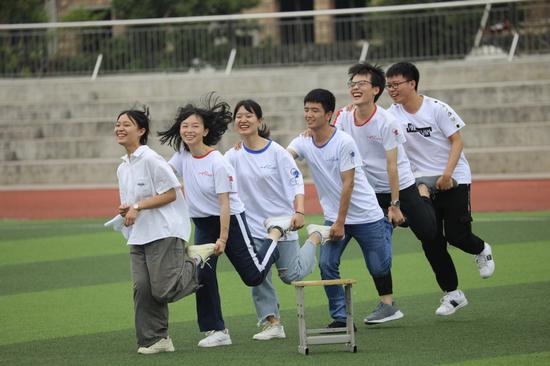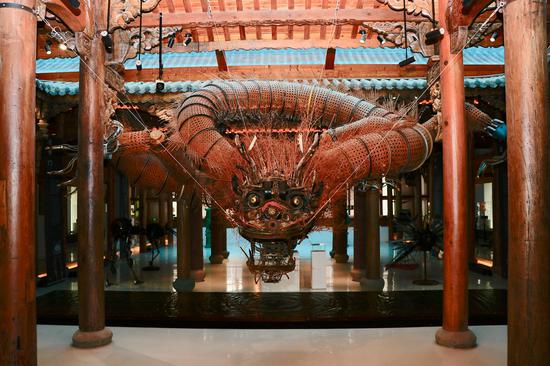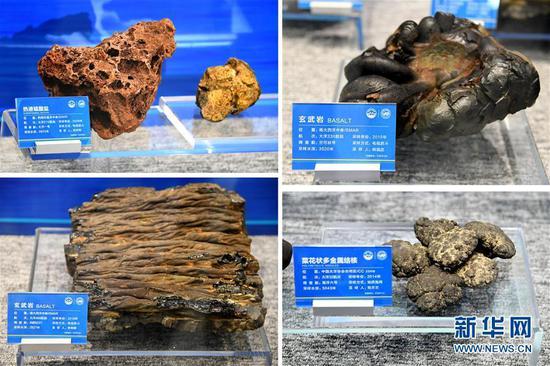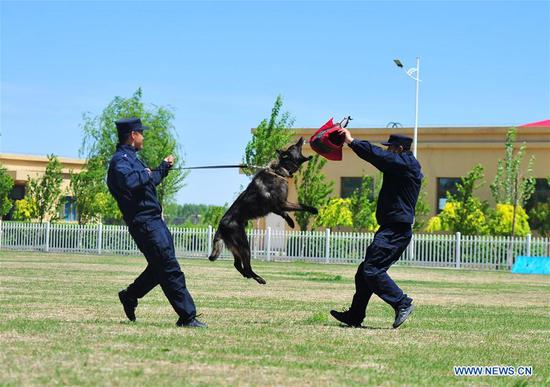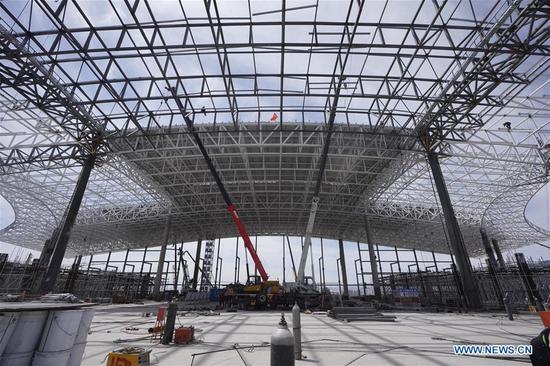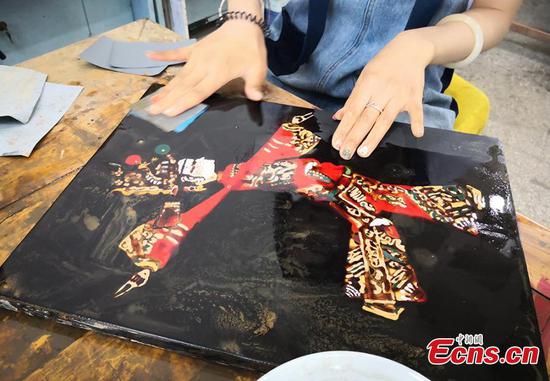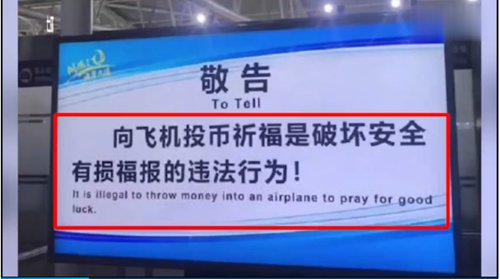
Notice board at Sanya Phoenix International Airport in South China's Hainan Province. (Screenshot photo)
A Hainan airport has found itself in the spotlight for setting up a notice board warning passengers that tossing coins in airplane engines as "illegal," after such incidents at Chinese airports have jeopardized public security and disrupted public order.
The notice board at Sanya Phoenix International Airport in South China's Hainan Province says in Chinese that "it is illegal to throw money into an airplane to pray for good luck."
"Tossing coins into the plane's engine is extremely dangerous to the airplane, which would cause an explosion in the engine," a staff member from the airport told the Global Times on Monday, noting that they set up the notice board in hopes of stopping such dangerous behavior.
These activities will also cause flight delays and cancellations, passenger detentions at the airport and financial losses.
However, the airport is not defining such behavior as terrorism since passengers have done it spontaneously, he added.
Coin tossers have been frequently found in recent years.
The Beijing News reported 10 such cases in the first half of the year. Most of them just tossed coins in a plane's engine for good luck.
In February, a 28-year-old man was detained seven days and charged for tossing a coin inside a plane's engine. His action delayed the flight and cost the airline nearly 140,000 yuan ($21,000).
A senior engineer told the Beijing News that after confirming the number of coins, they usually need to open the engine and find them with a device similar to a gastroscope. Total losses can run in the millions yuan.
Some analysts believe that it reflects the conflict between superstition and modern thinking. The seriousness of this conflict lies in the fact that individual behavior driven by ignorance can easily threaten public security.
China's Criminal Law states that whoever sabotages an aircraft to such a degree that the aircraft is in danger of being destroyed, without causing serious consequences, shall be sentenced to up to 10 years in jail.















